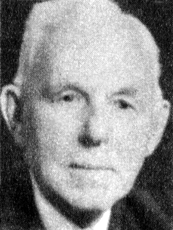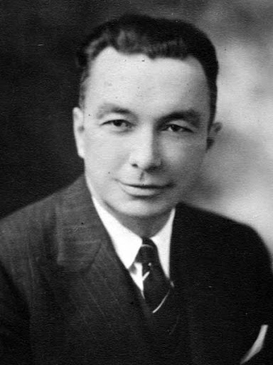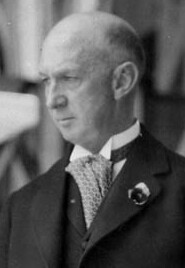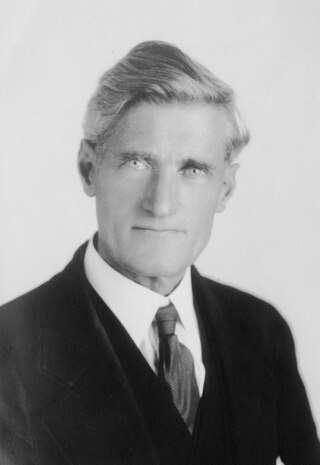Related Research Articles
BC United (BCU),known until 2023 as the British Columbia Liberal Party or BC Liberals,is a provincial political party in British Columbia,Canada. The party has been described as conservative,neoliberal,and occupying a centre-right position on the left–right political spectrum. The party commonly describes itself as a "free enterprise coalition" and draws support from members of both the federal Liberal and Conservative parties. Since the 1990s,BC United has been the main centre-right opposition to the centre-left New Democratic Party (NDP). Once affiliated with the Liberal Party of Canada,the British Columbia Liberal Party became independent in 1987. The party changed its name to BC United on April 12,2023.
The New Democratic Party of British Columbia is a social democratic political party in British Columbia,Canada. The party sits on the centre-left of the political spectrum and is one of the two major parties in British Columbia;since the 1990s,its rival is the centre-right BC United. The party is formally affiliated with the federal New Democratic Party and serves as its provincial branch.

The 1993 Canadian federal election was held on October 25,1993,to elect members to the House of Commons of the 35th Parliament of Canada. Considered to be a major political realignment,it was one of the most eventful elections in Canada's history. Two new regionalist parties emerged,finishing second and third in seat count. Most notably,the election marked the worst defeat for a governing party at the federal level and among the worst ever suffered by a governing party in the Western democratic world. In a landslide,the Liberal Party,led by Jean Chrétien,won a majority government.

The Social Credit Party of Canada,colloquially known as the Socreds,was a populist political party in Canada that promoted social credit theories of monetary reform. It was the federal wing of the Canadian social credit movement.
John MacLennan Buchanan was a Canadian lawyer and former politician who served as the 20th premier of Nova Scotia from 1978 to 1990 and as a member of the Senate of Canada from 1990 to 2006.
Liberal-Progressive was a label used by a number of candidates in Canadian elections between 1925 and 1953. In federal and Ontario politics there was no Liberal-Progressive Party,as such. The term generally referred to candidates endorsed by Liberal and Progressive constituency associations or to individual candidates who claimed the label,sometimes running against a straight Liberal or straight Progressive candidate. In Manitoba,a party existed with this name provincially,and Liberal-Progressives ran federally in Manitoba under the leadership of Robert Forke,with the support of the Liberal Party.

The Manitoba Liberal Party is a political party in Manitoba,Canada. Its roots can be traced to the late 19th century,following the province's creation in 1870.
Historically in Quebec,Canada,there were a number of political parties that were part of the Canadian social credit movement. There were various parties at different times with different names at the provincial level,all broadly following the social credit philosophy;at various times they had varying degrees of affiliation with the Social Credit Party of Canada at the federal level.
William Bennett Campbell,was a politician and the 24th premier of Prince Edward Island.

John Thomas Haig,was a politician in Manitoba,Canada. He served as parliamentary leader of the Manitoba Conservative Party in 1921–22.

The 34th Canadian Parliament was in session from December 12,1988,until September 8,1993. The membership was set by the 1988 federal election on November 21,1988,and it changed only somewhat due to resignations and by-elections until it was dissolved prior to the 1993 election.

Errick French Willis was a politician in Manitoba,Canada. He served as leader of the province's Conservative Party between 1936 and 1954,and was responsible for beginning and ending the party's alliance with the Liberal-Progressive Party. He also served as Manitoba's 15th Lieutenant Governor between 1960 and 1965.

John Campbell Elliott,was a Canadian lawyer and politician.
The British Columbia Social Credit Party was a conservative political party in the province of British Columbia,Canada. The provincial Social Credit movement was divided in its early years and was largely under the influence of the Alberta Social Credit League;it did not have a functional leadership before 1952.
Richard Neufeld is a former Canadian Senator for British Columbia from his being appointed by the Right Hon. Prime Minister Stephen Harper in December 2008 until his aging out of the Canadian Senate upon his 75th birthday on November 6,2019. Before his appointment to the Senate,he was a British Columbia Liberal Party Member of the Legislative Assembly of British Columbia from 1991 to 2008,serving as Minister of Energy,Mines and Petroleum Resources in the cabinet of Gordon Campbell.
Walter Ernest Clark was a politician in Manitoba,Canada. He served in the Legislative Assembly of Manitoba from 1955 to 1958 as a Liberal-Progressive. He was 54 years old at the time of his election,and was a farmer and former municipal official in Baldur.

Ernest Edward (Ernie) Winch was a socialist British Columbia politician,trade unionist and organizer. He served eight terms as a BC Co-operative Commonwealth Federation MLA in the British Columbia Legislative Assembly from 1933 until his death in 1957.
Hugh Alexander MacKenzie was a member of the House of Commons of Canada. He was born in Warwick,Ontario and became a farmer.
The 13th Legislative Assembly of British Columbia sat from 1913 to 1916. The members were elected in the British Columbia general election held in March 1912. The British Columbia Conservative Party led by Richard McBride formed the government. McBride resigned as premier in December 1915 to become British Columbia's agent general in London. William John Bowser succeeded McBride as Premier.
During the 19th Canadian Parliament,for the first time,a woman sat as a member of the party holding the majority in the House of Commons. Nine women ran for seats in the Canadian House of Commons in the 1940 federal election. Dorise Nielsen was elected in the North Battleford riding as a Unity member;she was the third woman and the first Communist to sit in the House of Commons. Agnes Macphail,first elected in 1921,was defeated. Martha Black chose to step aside to allow her husband George Black to run for reelection. Cairine Wilson and Iva Campbell Fallis continued to sit as members of the Senate.